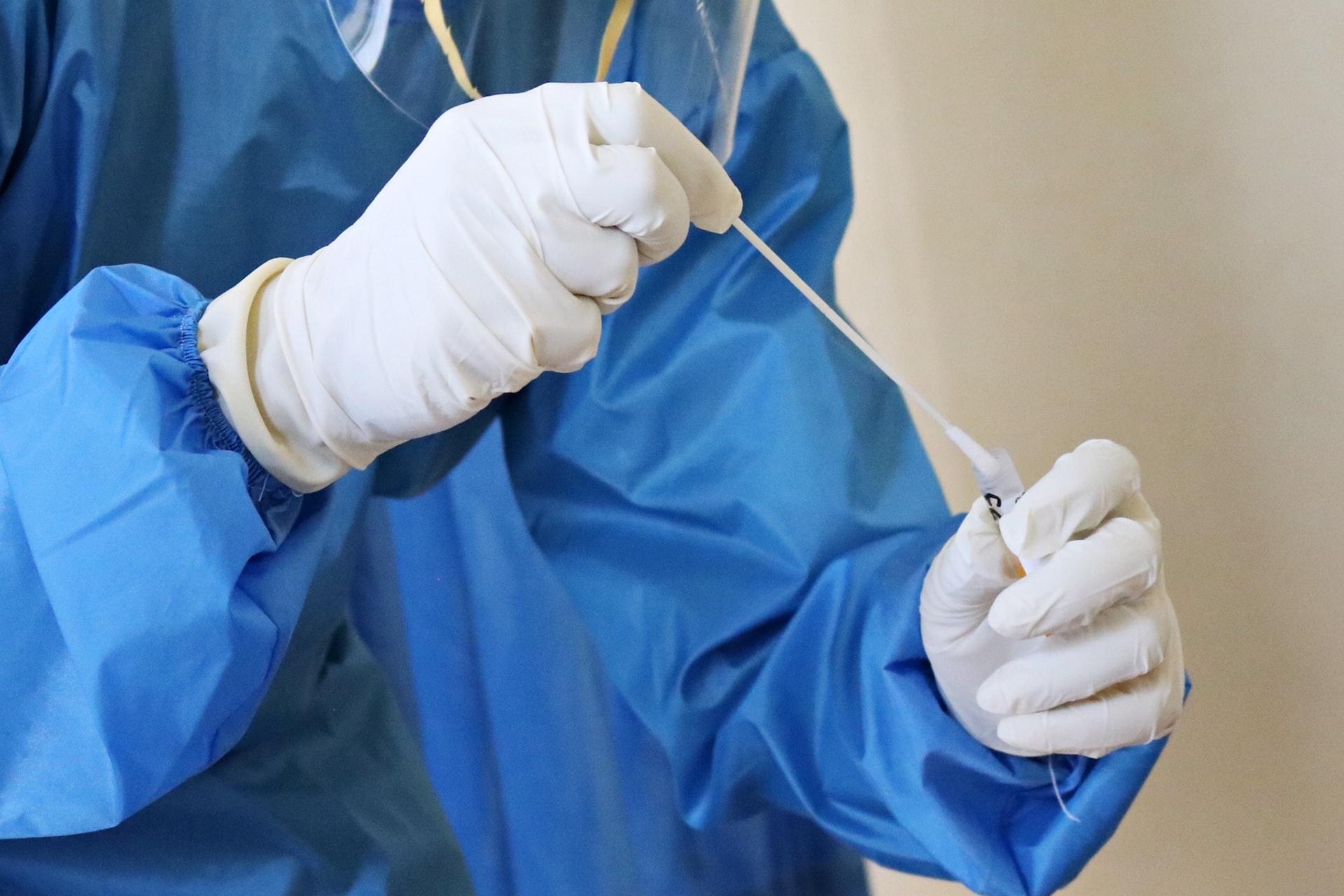13th June 2025

Sexual assault referral centres (SARCs) are a vital lifeline for victims of rape and serious sexual offences (known as RASSO) and a key part of policing’s agenda to tackle violence against women and girls.
To give victims and the public confidence in the forensic processes within SARCs, every centre must meet strict quality standards and be accredited by October 2023, according to the Forensic Science Regulator.
FCN established a project in 2021 to help SARCs validate their forensic consumable items and processes, working in collaboration with forensic service provider Cellmark Forensic Services and consumables supplier SceneSafe.
A scoping exercise identified several risks, including that some SARCs were using non-forensic DNA-grade items to recover DNA evidence and that the storage and handling of forensic consumables was not compliant to regulations.
In response to these findings the FCN provided SARCs with guidance on the right consumable items, procedures and training, to support centres to meet the ISO15189 quality standard and Forensic Science Regulator requirements.
The project aimed to demonstrate that forensic DNA-grade consumables supplied to SARCs by SceneSafe were free of detectable DNA up until the point of use, and that the SARCs’ procedures for storing and handling consumables were fit for purpose.*
All 55 SARCs in England and Wales participated, with each providing around five consumables from their stores which were tested for the presence of contaminating DNA.
A total of 261 forensic DNA-grade consumables were tested, with 19 different types of consumable manufactured up to two years ago. Every item passed the testing, according to the regulator’s code FSR-C-108.
There were also 14 non-forensic DNA-grade consumables tested, of which six failed, highlighting the importance of SARCs using forensic-grade items to recover DNA evidence.
Head of SARC Services at G4S, Joanna Hollinghurst, said:
“The opportunity the FCN gave us to be involved in this project was greatly appreciated and will be invaluable in assisting all our SARC teams in their journey to become UKAS accredited.”
FCN Quality Specialist Michelle Gaskell, who previously worked as an accreditation project manager for South Wales Police, said:
“We’ve found that consumables used in all SARCs have been manufactured to the right standard and their integrity has been maintained up to the point of use. Hopefully this provides extra reassurance to victims of these crimes. And every SARC in England and Wales is now a step closer to achieving accreditation. Thank you to Cellmark Forensic Services, SceneSafe and all the SARCs in England and Wales for collaborating with us on this project.”
It is estimated by FCN that the project has saved £500,000 by pooling resources from 55 SARCs into one national exercise rather than centres validating separately.
FCN is also hoping to use the data from this validation to remove the need for ongoing routine batch testing to be conducted by SARCs, which could save millions of pounds more without impacting on quality.
Commenting on the project, Forensic Science Regulator Gary Pugh added:
“I applaud the collaborative approach taken here, which is both operationally effective and value for money.”
The full national consumable validation report, published by FCN, is now available on Knowledge Hub.
Notes
* Forensic DNA grade consumables are available through the National Scenes of Crime Consumables (NSOCC) framework, supplied by SceneSafe, which is independently audited every year by an FCN-led consortium for compliance with ISO 18385.